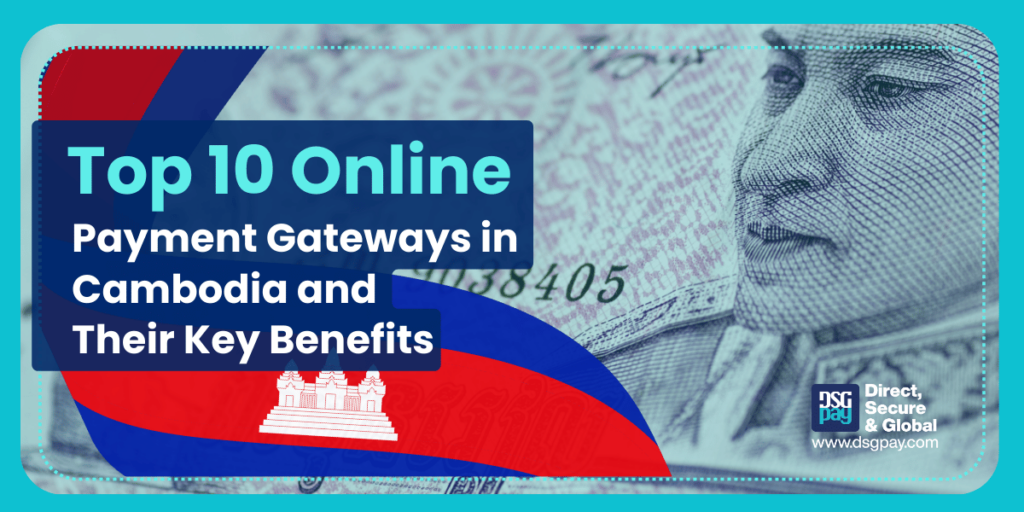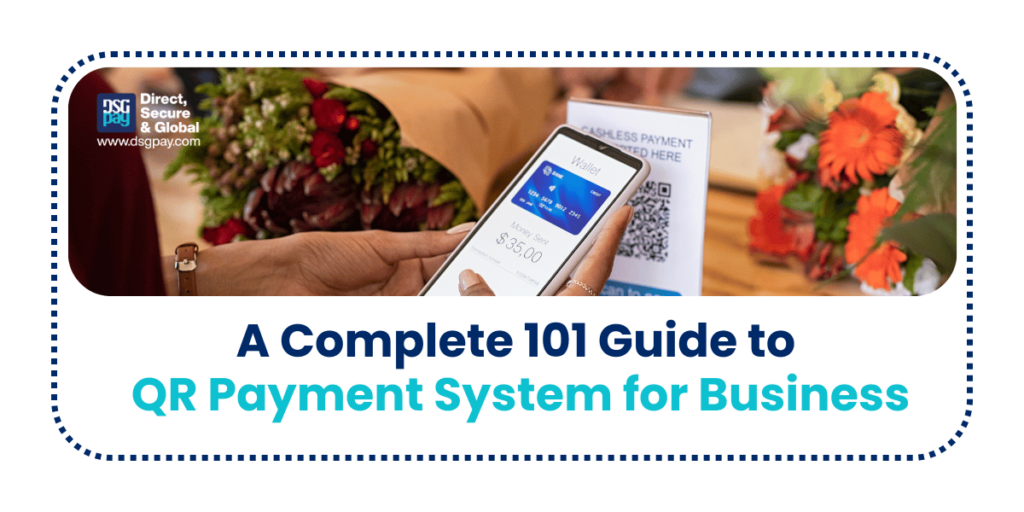As businesses continue to shift towards electronic payments, choosing the right payment service provider is becoming increasingly important. With so many options available, it can be challenging to determine which provider is best suited for your business needs. In this guide, we will discuss critical factors to consider when selecting a payment service provider. By carefully evaluating these factors, you can make an informed decision and choose a payment service provider that can help drive your business forward.
What is the Payment Service Providers? (PSP)
A payment service provider is a company that offers payment processing services to businesses. These services enable businesses to accept electronic payments from customers via various payment methods such as credit and debit cards, bank transfers, and e-wallets.
Here’s the 6 Key Factors for Choosing the PSP
1. Security and Fraud Prevention
Ensuring secure payment processing and fraud prevention is crucial for any business that deals with online payments. Payment service providers play a critical role in this process, as they are responsible for processing and securing transactions on behalf of their clients. When selecting a payment service provider, it is essential to consider the security measures they have in place to protect sensitive data and prevent fraudulent activities. Look for providers that offer features such as tokenisation, SSL encryption, and fraud monitoring tools to protect against data breaches and payment fraud.
2. Payment Methods

Payment service providers offer a wide range of payment methods to accommodate the diverse preferences of customers. Some common payment methods include credit and debit cards, bank transfers, digital wallets, and mobile payments. It’s important to choose a payment service provider that offers the payment methods that your customers prefer and trust. Additionally, offering a variety of payment methods can help expand your customer base and increase customer satisfaction. However, it’s important to keep in mind that different payment methods may come with different fees and processing times, so it’s important to carefully evaluate your options.
3. Pricing and Fees
Payment service providers offer a variety of pricing structures and fee models. Some providers charge a flat fee per transaction, while others charge a percentage of the transaction value. Some providers offer volume-based discounts, while others have tiered pricing based on the volume of transactions processed. It is important to carefully review and compare pricing and fees across different providers to ensure you are getting the best value for your business. Keep in mind that there may be additional fees for certain services, such as chargebacks or refunds. It is also important to understand the terms of the contract and any potential hidden fees that may be incurred.
4. Integration and Compatibility
One of the essential factors to consider when choosing a payment service provider is integration and compatibility with your existing systems and software. The payment service provider you choose should be able to integrate with your existing business systems and provide a seamless payment experience for your customers. This includes ensuring that the payment solution is compatible with your website, mobile app, or other platforms. You should also consider the ease of integration when selecting a payment service provider. Some providers offer APIs and plugins that make it easy to integrate their payment solutions into your existing systems. You should also check the provider’s documentation and support services to ensure that they offer the technical support you need to set up and maintain the integration.
5. Customer Support and Service

Customer support and service is an essential aspect to consider when selecting a payment service provider. A reliable and responsive support team can help address any issues that may arise during payment processing, ensuring smooth and efficient transactions. It’s important to evaluate the quality of customer support offered by potential payment service providers, including the availability of support channels, response times, and the expertise of support staff. Additionally, some payment service providers offer dedicated account managers or customer success teams to provide personalised support and guidance. It’s important to ensure that the level of customer support offered aligns with your business needs and expectations.
6. Reputation and Reviews
When considering a payment service provider, it’s important to assess their reputation in the industry. Look for providers that have a strong track record of providing secure and reliable payment processing services. One way to gauge a provider’s reputation is to read reviews from other businesses. This can provide insight into their experiences with the provider, including any issues they may have had with payment processing or customer support.
Conclusion
Choosing the right payment service provider for your business is a crucial decision that can impact your cash flow, customer satisfaction, and overall success. When evaluating payment service providers, it’s important to consider factors such as security and fraud prevention, payment methods, pricing and fees, integration and compatibility, customer support and service, and reputation and reviews. By carefully assessing these factors, you can make an informed decision and choose a payment service provider that meets your business’s specific needs and goals. Don’t underestimate the importance of this decision – take the time to research and choose a payment service provider that can help drive your business forward.



